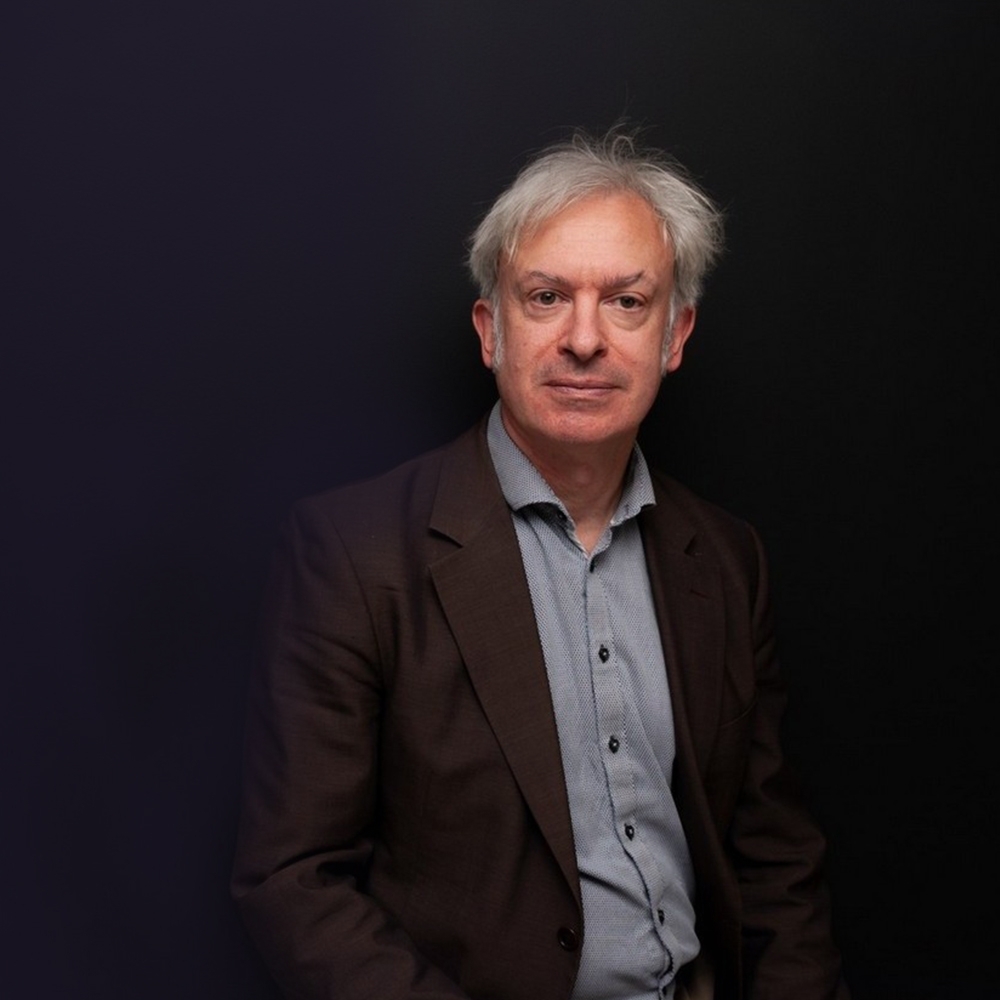Senior Associate
Postgraduate Certificate in Intellectual Property, Bournemouth University
BA Natural Sciences, University of Cambridge
MSci Materials Science, University of Cambridge
UK Patent Attorney
European Patent Attorney
Thank you
Tom read Natural Sciences at the University of Cambridge, studying chemistry and physics before specialising in Materials Science with areas of study including: thin films, energy harvesting, thermodynamics, biomedical materials, materials for optoelectronic devices, and nuclear materials. Tom’s Master’s project involved the study and construction of sustainable composite structures for use in magnetoelectric energy harvesting devices and free standing thin films for use in such devices.
Tom completed an internship at Cambridge Nanosystems, a UK leader in commercial graphene technology and also carried out a placement at the University of Göttingen in Germany where he researched avalanche dynamics in metallic glasses.
Tom joined Keltie after graduating in 2018. Since joining Keltie, Tom has worked mainly in the Engineering team, dealing with a range of subject matter including automotive technology, renewable energy, marine structures, medical devices and glass processing and working with a range of clients from individuals to SMEs and multinational corporations.
Tom qualified as a UK and European Patent Attorney in 2022.

23.09.2025
Is it possible to extend the term of a patent in the UK and Europe?Anthony Ball explores what SPCs are, the strict requirements for obtaining them, and why they matter for businesses operating in these sectors.

08.07.2025
Q&A with Richard Lawrence: Real-world IP for a fast-moving worldThe IAM Patent 1000 is a respected global guide to leading patent professionals and firms. With over two decades of experience at the forefront of intellectual property law, Richard Lawrence brings both technical depth and commercial clarity to the complex worlds of cryptography, telecoms, AI, and quantum computing.
13.03.2025
Generative AI and the Race for Patent Protection: Insights from WIPO’s Patent Landscape Report13.02.2025
Packaging innovations and IP08.01.2025
Patenting MetamaterialsOtherLess related knowledge
Thank you